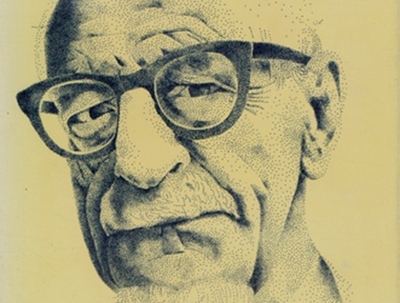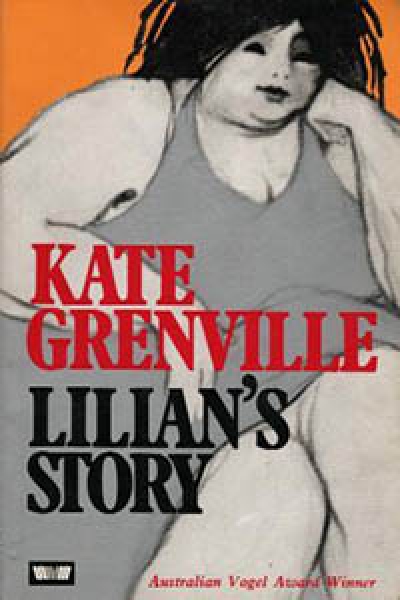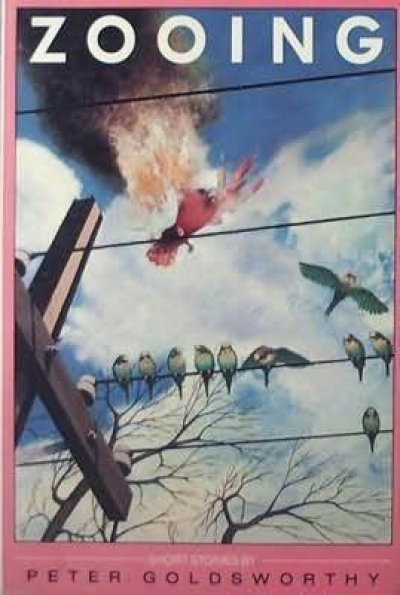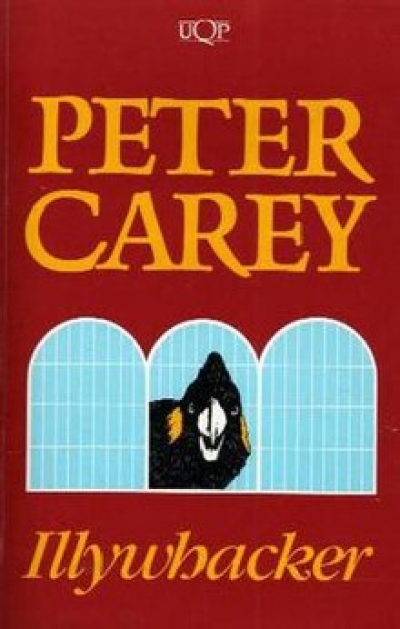Archive
Arthur Phillips, who died last month at the age of eighty-five, was one of the major figures of the democratic nationalist tradition in modern Australian literary criticism; and his collection of essays, The Australian Tradition (1958; second edition 1966) epitomises the strength of this school. These essays are marked by the perception of the reading behind them, the clarity of the writing in them, and, the enthusiasm for his subject which shows throughout them.
... (read more)Lilian’s Story by Kate Grenville & Bearded Ladies by Kate Grenville
The idea of the sequel probably goes back to the earliest cave drawings in the bowels of the oldest hills. ‘What happened next?’ was surely .among the first words babies ever gurgled as parents grunted bedtime stories around ancient camp-fires. It is not given to the armchair anthropologist to know whether· ‘What happened before that?’ is quite so fundamental, but I suspect not – otherwise, stories would begin with an end at least as often as they do with a beginning.
... (read more)









